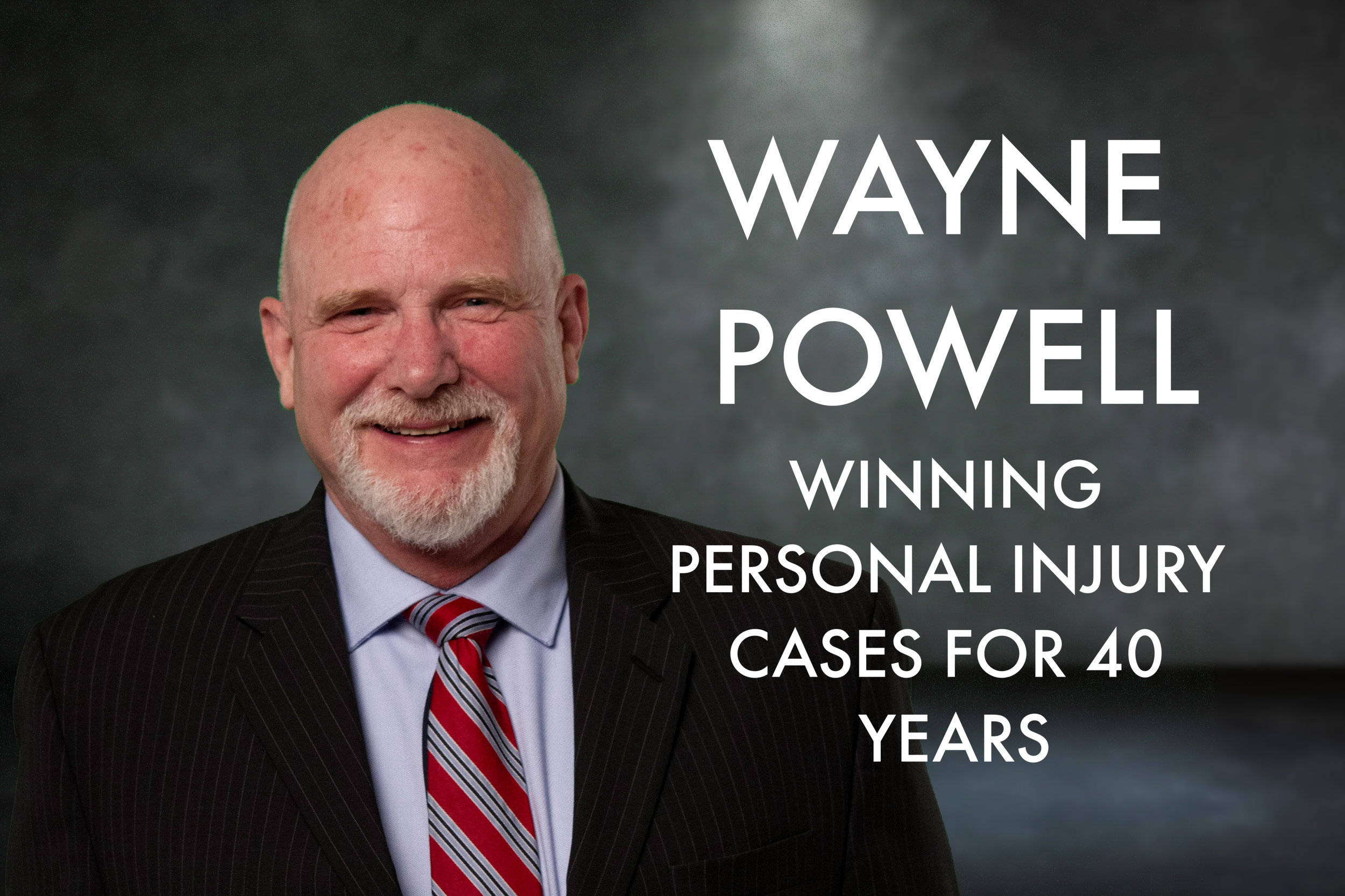6 Reasons A Personal Injury Lawyer May Not Take Your Case In Virginia
Are you trying to decide if you have a viable personal injury case?
At Powell Law Group, we recommend reaching out to a Personal Injury Lawyer if you or someone you love may have been the victim of general negligence, an auto or truck accident, a premises liability or a defective product.
There are times when a lawyer may not be able to represent you for one of the below reasons, but that’s typically best decided by a lawyer. Below is a list of possible factors that may keep a Personal Injury Attorney from taking your case, if you’re curious in advance of talking to a lawyer.
Our biggest recommendation is don’t wait to get medical attention or speak with a lawyer. Check out our Frequently Asked Questions & Videos
1. Lack Of Evidence
One of the biggest factors for a personal injury lawyer when deciding to take your case is evidence. Even if circumstances seem clear, if an attorney feels there is not enough evidence to prove fault, they will choose to pass on your case. Having photographs, video, or eye witnesses is typically required in order to prove liability in personal injury cases.
A case can not be won solely based on someone being injured. In some situations the victim may be responsible for his or her own injury. If there is no evidence to the contrary and a reasonable chance that the accident was due to the victim’s own actions or that the defendant may not have been able to anticipate a potential hazard, an award will not be granted to the injured party.
2. The Statute Of Limitations Has Passed
In Virginia, there is a set amount of time that a victim has to make a claim in a personal injury case. Virginia’s laws are fairly standard with a two-year limit on injuries to a person, and a five-year limit for some other types of claims such as injury to property or trespassing. If the statute of limitations has passed for your claim, a personal injury lawyer will not be able to help you pursue compensation.
3. Conflict Of Interest
Lawyers are held to a strict code of ethics, and personal injury lawyers are no different than those in other areas of specialty. If an attorney knows of or perceives a potential conflict of interest in working with you as a client they will decline your case. Some examples include having represented the defendant in the past or having knowledge of the case through a personal or professional connection. If an attorney has a personal objection, be it moral or intellectual, to an element of your case they may choose not to represent you.
4. The Defendant Lacks Resources Or They Will Be Difficult To Collect On
In most cases concerning personal injury, insurance pays for any damages found to be the fault of an insured party. If a private party does not have coverage that applies, or the existing coverage is likely to be denied based on the circumstances of the suit, a personal injury lawyer may not take the case. Even if you deserve compensation, in some instances there is simply no money available to pay the victim of an accident. On a similar note, if the attorney believes that a sum may be awarded but that there will be difficulty collecting on the judgment it may prevent them from agreeing to represent the victim. For example, the defendant’s resources may be tied up in legally separate entities or corporations that would make collecting on an awarded sum difficult or impossible.
5. Your Case Will Be Hard To Win
Most personal injury attorneys work on a contingent basis, meaning they do not collect money up front from their client. Instead, they receive a portion of the awarded damages once the case is won. Therefore, if your case will be difficult to win for a variety of reasons an attorney may refuse to work with you.
Even in circumstances where liability seems clear, other factors such as the amount of time or money it would take up front for the attorney’s office to try to case will factor into an attorney’s decision whether to represent the victim. Similarly, if a victim delays or discontinues medical treatment for their injury, it may be difficult to prove in a court of law that they deserve compensation even if their injuries are authentic or significant.
6. Perceived Credibility
Finally, the perceived credibility of the person seeking representation may determine whether a personal injury attorney chooses to take a case. Inconsistencies in testimony, failure to produce evidence, or general lack of honesty might prompt an attorney to choose not to work with the victim of an accident.





